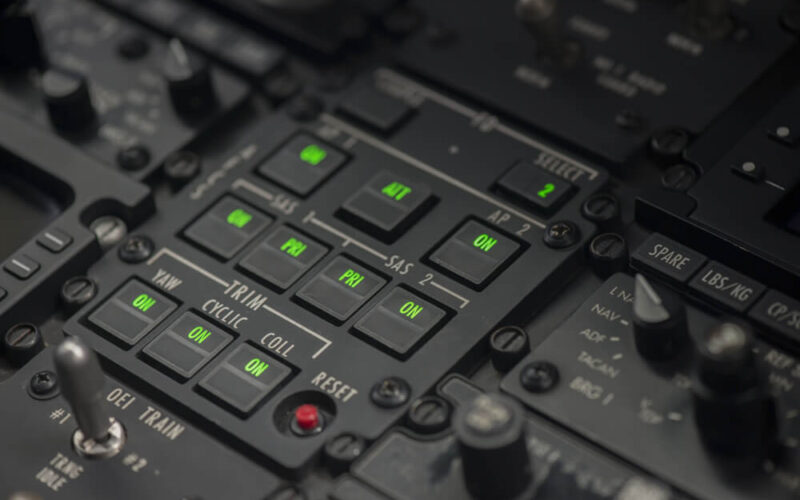The Florida-based avionics producer Avidyne and the Swiss startup Daedalean, which provides autonomous piloting software systems for civil aircraft, are developing one of the world‘s first artificial intelligence-based products that should assist pilots in-flight and help with autonomous aircraft operations. Both companies expect that the new avionics system will be certified by the US Federal Aviation Administration (FAA) in 2022.
According to Avidyne, their AI-based avionics detect-and-avoid system will use 360-degree cameras and computer vision technology that will allow the system to detect other aircraft in the airspace. The product will also be usable as a pilot landing assistance system and ease the whole airplane control process.
Avidyne already offers its customers traffic advisory products for aircraft and helicopters, but such surveillance systems are able to detect only jets that are equipped with automatic dependent surveillance and broadcast (ADS–B) systems or transponders. Meanwhile, Swiss startup Daedalean focuses on a specific form of AI that analyzes visual images taken by high-resolution cameras to identify potential hazards, including small drones that do not broadcast their position in the airspace.
Speaking to the media on April 14, 2021, Dan Schwinn, the Chief Executive Officer (CEO) at Avidyne said that the company aims to get its first AI-based avionics system certified by FAA in 2022 and predicted an increase in the demand for AI systems for civil jets.
“We want to make flying safer and are interested in manned aircraft and making it simpler to fly,” Schwinn was quoted saying by the media. He outlined that the new detect-and-avoid system will function as pilot assistance in the flight deck and will not replace the flight crew.
“Right now, our focus is on autonomy building blocks and developing systems that assist—not replace—pilots. […] Over the next decade, we see AI as augmentation, not a pilot replacement,“ he added.

